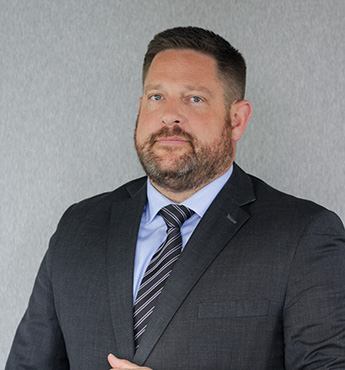



Utah’s 2025 legislative update through HB0195 is making headlines — and for good reason. Among the several firearm-friendly reforms, one provision has significant implications for criminal defendants who own guns: a plea in abeyance agreement can no longer require gun forfeiture unless the individual is a legally restricted person.
In the past the prosecutor would often require fun forfeiture as an aspect of the plea in abeyance terms. Causing great concerns to citizens.
If you’re facing charges and considering a plea in abeyance — a popular legal resolution in Utah — this new law gives you more power to retain your rights as a lawful gun owner.
A plea in abeyance allows a defendant to plead guilty or no contest to charges, but the court holds off on entering a conviction. If the defendant complies with specific conditions (like probation, treatment, or restitution), the charges can eventually be dismissed, avoiding a permanent conviction record.
It’s a great option for first-time offenders or those facing low-level charges — but until now, prosecutors could sneak in some pretty harsh conditions, including mandatory firearm forfeiture, even when it wasn’t justified.
The common statutory PIA probationary terms are 18 months for misdemeanors and 3 years for a felony. See Utah Code 77-2a-5(a).
Effective May 7, 2025, HB0195 amends Utah Code § 77-2a-2 to clarify:
A plea in abeyance agreement may not include firearm forfeiture unless the offense makes the defendant a “restricted person” under Utah or federal law.
This is a major win for lawful gun owners. Previously, even if your offense had nothing to do with firearms — or wouldn’t disqualify you from gun ownership — you could still be pressured to give up your guns as a condition of the plea.
Under Utah Code § 76-10-503 and federal law, a restricted person includes those who:
If you don’t fall into these categories, your guns cannot be forfeited in a plea in abeyance deal, period. A close look at Utah’s restricted person’s law at 76-10-503 is in order.
This new legal protection is about more than just gun rights — it’s about fairness and proportionality in criminal resolutions.
Here’s why it’s important:
Let’s say you’re charged with a Class B misdemeanor like trespassing. You’re not a restricted person, and the charge has nothing to do with firearms. Before HB0195, a prosecutor might have said, “We’ll offer a plea in abeyance, but only if you give up your firearms.”
Now, that’s illegal. If the offense doesn’t make you a restricted person, you can’t be forced to forfeit your gun.
Know Your Rights: What To Do if You’re Offered a Plea in Abeyance
HB0195 is a powerful tool for Utah residents facing criminal charges. It ensures that your firearm rights can’t be stripped away unfairly during plea negotiations. But understanding how to use this law in your favor requires legal know-how.
At Provo Criminal Defense, we help clients protect their rights — including their Second Amendment rights — every step of the way. If you’re facing charges and considering a plea in abeyance, don’t agree to anything until we review the terms.

For additional insights on Criminal Defense Law and to get to know Jake Gunter better, check out these helpful videos:
These resources will provide you with valuable information as you consider your legal options. For any questions or to schedule a free consultation, feel free to reach out to us directly.